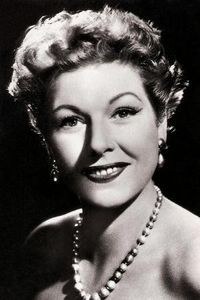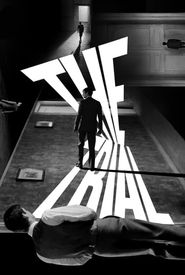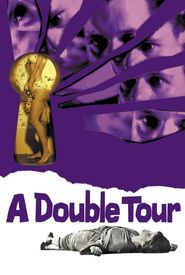Madeleine Robinson's early life was marked by a humble working-class upbringing, but she ultimately discovered her true calling as an actress after attending the esteemed theater school run by Charles Dullin, a six-year period she would later regard as the most joyous of her existence.
Throughout her illustrious career, which spanned over six decades and saw her take on an astonishing 100-plus roles in film and television, Robinson's true passion remained the stage. Her remarkable presence commanded attention, earning her widespread acclaim for her portrayal of Blanche in Tennessee Williams' A Streetcar Named Desire, a role previously immortalized by the incomparable Arletty.
Additionally, her ferocious interpretation of Martha in Edward Albee's Who's Afraid of Virginia Woolf? left an indelible mark on the theatrical world. However, despite her numerous accomplishments, Robinson's experiences with the French press and media left her disillusioned and sensitive to what she perceived as unfair treatment.
As a result, after dedicating 50 years to her native France, Robinson made the bold decision to relocate to Switzerland, where she could indulge in the finest productions without being subjected to the mediocrity she might have encountered in Paris.
In her later years, Robinson authored a memoir, Belle Et Rebelle, chronicling her remarkable journey through the world of acting. While she may have never achieved the level of stardom she coveted, where she would be the object of the leading man's affection in the final scene, Robinson cherished the camaraderie she developed with her fellow actors and the opportunities she had to collaborate with visionary directors like Jean Gremillon.
Despite her unfulfilled aspirations, Robinson's legacy as a thespian remains, a testament to her unwavering dedication to her craft and her ability to captivate audiences across multiple mediums.



















